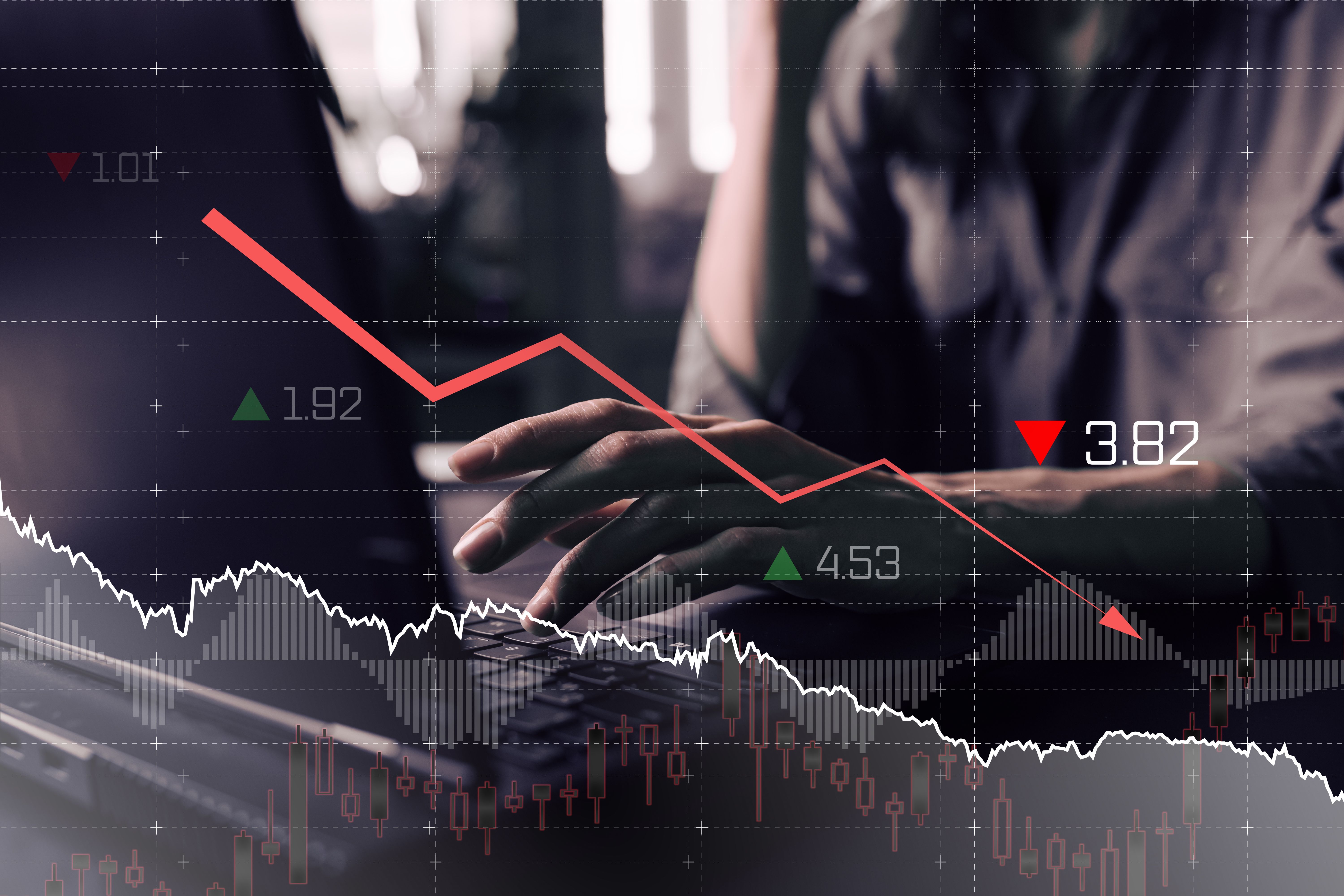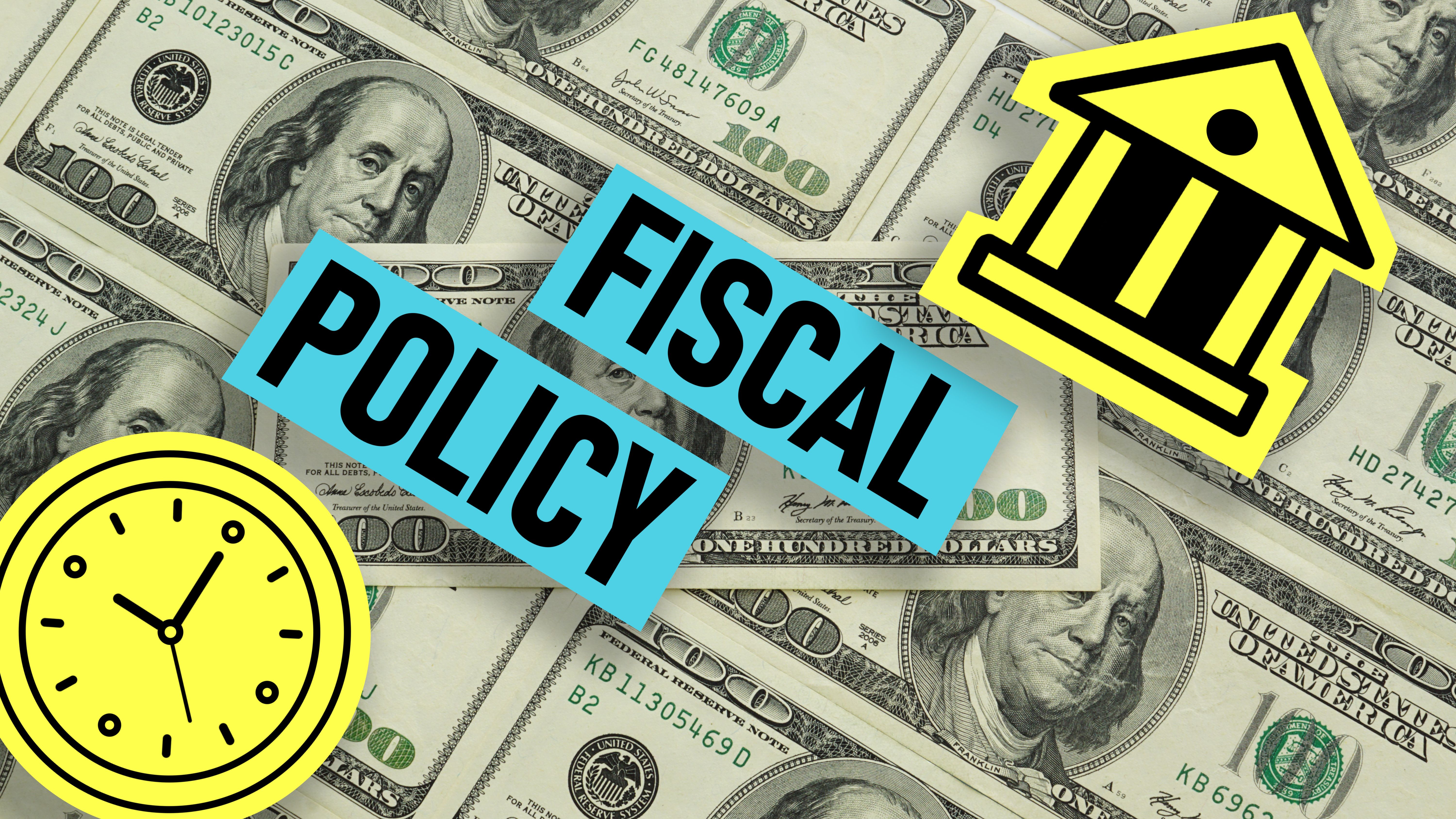Economic Downturns: The Impact of Recession
What is a Recession?
Understanding the dynamics of a recession is crucial for grasping its impact on the economy. A recession is generally defined as a period of temporary economic decline during which trade and industrial activity are reduced, typically identified by a fall in GDP in two successive quarters. This downturn can influence various sectors, leading to widespread financial challenges.
Recessions are characterized by high unemployment rates, decreased consumer spending, and reduced business investment. These factors together create a ripple effect that can disrupt the overall economic stability, affecting businesses and individuals alike.

Causes of Recession
Several factors can contribute to the onset of a recession. Some of the major causes include:
- High inflation: When prices rise rapidly, purchasing power is eroded, leading to decreased consumer spending.
- Rising interest rates: Increased borrowing costs can deter investments and spending.
- Decline in consumer confidence: When people are uncertain about the future, they tend to save rather than spend.
- Global economic events: Issues such as trade wars or pandemics can severely disrupt economic activities.
Understanding these causes helps policymakers and businesses prepare for potential downturns and mitigate their impacts effectively.
The Impact on Employment
One of the most immediate effects of a recession is on employment. Companies facing decreased demand may resort to layoffs or hiring freezes to cut costs. This leads to higher unemployment rates, which further reduces consumer spending as people have less disposable income.
The cycle of reduced spending and declining business revenue can perpetuate the recession, making recovery more challenging. As unemployment rises, there is also increased pressure on government welfare systems, adding another layer of complexity to economic recovery efforts.
Consumer Behavior During Recessions
During a recession, consumer behavior often shifts significantly. People become more cautious with their finances, prioritizing essential expenses over luxury or discretionary items. This change in spending patterns can have lasting effects on businesses, particularly those reliant on non-essential goods and services.
Retailers and service providers may need to adjust their strategies to align with consumers' needs and preferences during these times, focusing on value and cost-effectiveness to maintain customer loyalty.
Business Strategies for Navigating a Recession
For businesses, navigating a recession requires strategic planning and adaptability. Companies may need to reassess their operations, streamline processes, or diversify offerings to sustain revenue. Focusing on customer retention and enhancing operational efficiency can be key strategies for weathering economic downturns.
Additionally, businesses that invest in innovation and technology often find themselves better positioned to capitalize on new opportunities as the economy recovers.
The Role of Government and Monetary Policy
Government intervention through fiscal and monetary policies plays a critical role in mitigating the impacts of a recession. Policies such as reducing interest rates or injecting liquidity into the economy can stimulate spending and investment, helping to accelerate recovery.

Furthermore, targeted fiscal measures like tax cuts or direct stimulus payments aim to boost consumer confidence and spending, which are essential for revitalizing economic activity during a downturn.
Long-Term Effects of Recessions
The long-term effects of a recession can be far-reaching. It can lead to structural changes in industries, shifts in workforce dynamics, and even influence future economic policies. Businesses may emerge leaner and more resilient, while consumers could adopt new habits that persist well beyond the recession period.
Understanding these potential outcomes helps stakeholders better prepare for future economic cycles and build strategies that promote sustainable growth and resilience.
